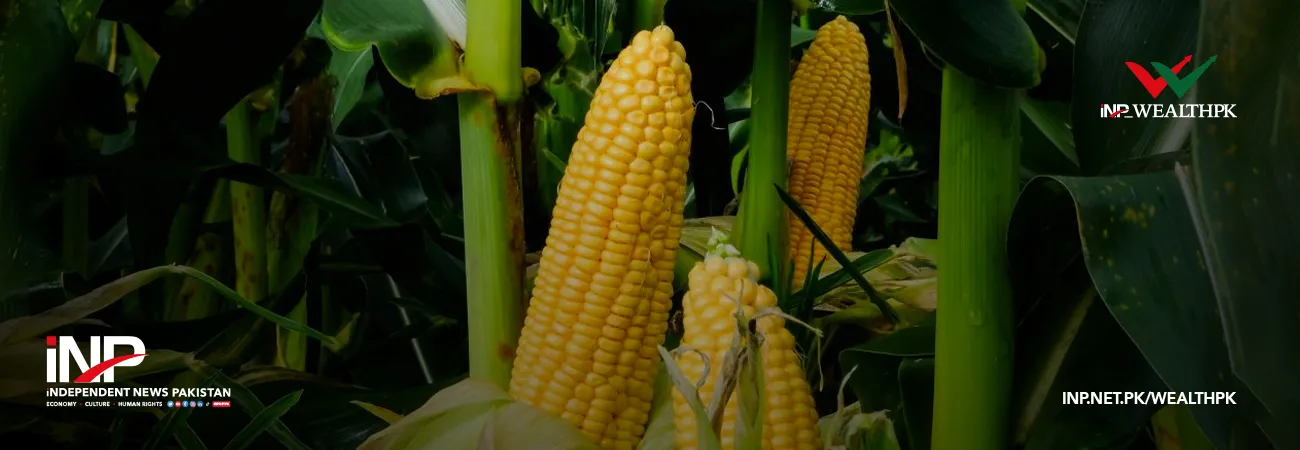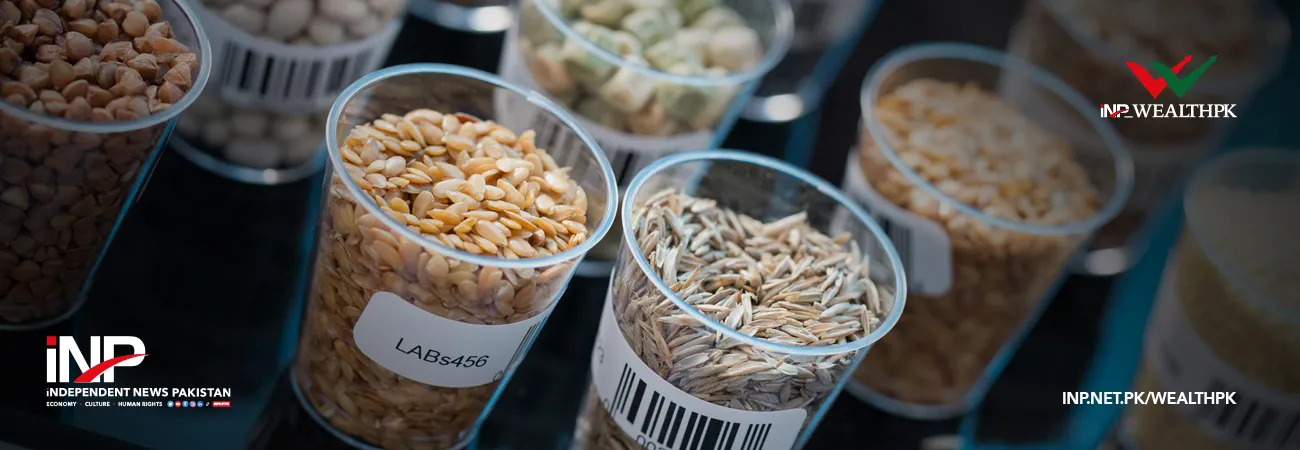INP-WealthPk
Arooj Zulfiqar
Pakistan's reliance on informal seed sources has led to significant shortages in cotton and maize production, underscoring the critical need for improved seed quality and supply chain efficiency in the agricultural sector, reports WealthPK. “A prosperous agriculture sector is based on the quality of seeds used. The quality of seeds is more crucial in influencing crop yield than any other factor such as crop management, input application, and weather conditions,” said Nurullah, a senior scientific officer at the National Agricultural Research Centre (NARC). He said the reliance on informal seed sources was not a new phenomenon in Pakistan as farmers historically depended on these methods due to the inconsistent availability of certified seeds. “The informal seed sector, comprising saved seeds from previous harvests and those sold by unregulated dealers, has somehow maintained crop production levels. However, the quality of these seeds often varies, leading to lower yields compared to certified alternatives.”
“The shortage of certified seeds and the resultant dependence on informal sources have significant implications for the agricultural economy. Lower yields not only affect farmers' incomes but also impact the overall food security and economic stability of the country,” he said. Nurullah said, “Even with the best machinery, crop care, and inputs, the low-yield potential of seed will not result in high yields. As a result, small farmers are the ones who bear the brunt of it the most.” He said good quality seeds could level the playing field in agriculture by providing small farmers with the opportunity to achieve results similar to those of large farmers. He said that addressing these issues required a multi-faceted approach, including improving seed certification processes, enhancing supply chain efficiency, and investing in agricultural research.
He suggested a network of certified seed producers should be established to ensure the availability of reliable seeds tailored to the diverse agro-climatic conditions found in different areas of Pakistan. “This step will enable farmers to obtain a broad selection of high-yielding and disease-resistant seed types, ultimately increasing crop yields and enhancing livelihoods.” During the first half of the ongoing fiscal year (1HFY24), the availability of certified seeds for rice and moong pulse surpassed the demand. However, the situation was starkly different for cotton and maize, where certified seed supplies fell short. To manage these shortages, farmers resorted to using seeds saved from previous harvests and purchasing uncertified seeds from seed companies and local input market dealers. This practice, while may address immediate needs, underscores a critical gap in the agricultural supply chain.
Credit: INP-WealthPk













